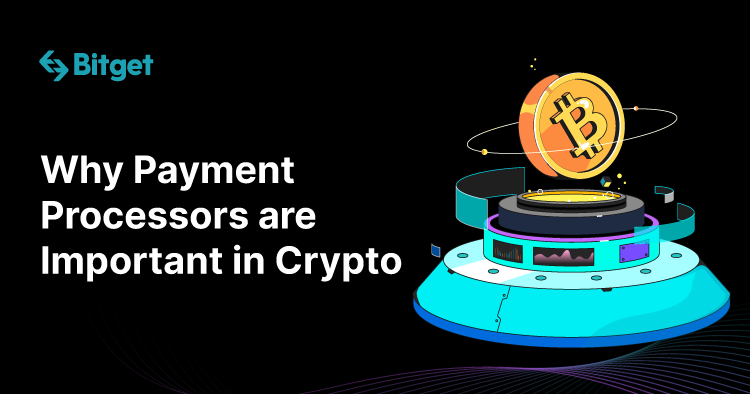
Why Payment Processors are Important in Crypto
Definition
A Payment Processor is extremely vital in today’s payment ecosystem and it performs a role to enable transactions - it is simply a company that handles transactions between two parties, such as a merchant and a customer.
What type of transactions can a Payment Processor process
A payment processor can typically handle card transactions, but can also cover bank transfers, EFTs, mobile money, etc
Types of Payment Processors
There are two types of payment processors which are the front-end and back-end. Front-end processors have network integration with various card associations and provide authorisation and settlement services to the merchant bank’s merchants. The back-end processors accept settlements from front-end processors and move the money from the issuing bank to the merchant bank within seconds.
Why Payment Processors are Important for On Off Ramps in Crypto
One of the biggest needs in crypto, especially in the early stage of adoption is fiat on and off-ramps. Therefore, for a crypto company/exchange like Bitget to easily collect customer deposits in BRL, GBP, EUR, TRY, or any local currency there must be a merchant agreement with a payment company that processes the fiat transactions.
Like any other merchant, there are usually costs per transaction, settlement fees and requirements from the payment companies - especially for crypto merchants due to local regulation.
However, the payment processor's job is to verify and authorize payment which happens in an instant. It is now easy to see why Payment Processors are required in crypto and online payments across various payment channels.
Simply create an account, and start exploring the incredible Bitget-Verse today!


